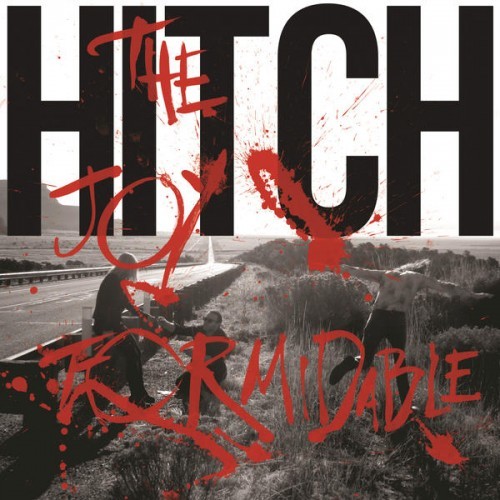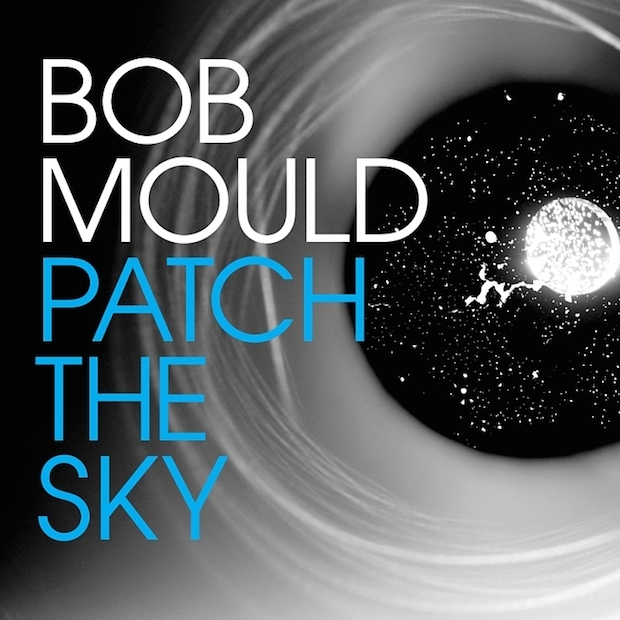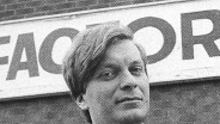Remixing an album as dark and unforgiving as Spectres' Dying is not an easy job. Released last year on Sonic Cathedral, the Bristol band’s debut laid out in no uncertain terms the manifesto that they had created for themselves. It was punishingly loud, with squalls of feedback encasing everything, the vocals often lost in the mire, with bass and drums mechanically in sync. It was a portrait of a band that were going out their way to challenge, and at times it even felt like they were trying to make you stop listening. But if you stuck around you were duly rewarded; for all the heaviness, there seemed purpose and a shimmering beauty waiting to be released.
Dead does not let up on this unforgiving attitude. The list of collaborators that the band have brought together for the porject is impressive, boasting not only up-and-coming acts like Giant Swan, but also veterans like Andy Bell. No-one is a hired gun, everyone has wanted to contribute to tearing apart the source material and rebuilding it. The only instruction Spectres gave to those remixing was to 'kill our songs'. In this, everyone has succeeded.
Surprisingly, given the roster, the harshest, most unrecognisable transformation is Spectres' remix of their own song. ‘Where Flies Sleep’ is turned from a menacing, squall of feedback into a glitchy, hissing reimagining of techno. Drums that sound like they were recorded 50 feet under the sea are the only thing keeping any sort of order, as clips of guitar samples cut in and a constant layer of dirt keeps any particular sound from rising to the top. It sounds less like the band themselves and more like Giant Swan, whose dismantling of ‘Mirror’ is in the same vein. It’s a jarring, intense listen, percussion coming in when you least expect it. Both songs are testing, and repeated listenings can feel intimidating.
Oliver Wilde takes 'Family' in a completely different direction, dropping in laser keyboards, deranged drums and a pumping bass to create a song that sounds like being in an Ibiza club at five in the morning. You can dance to it, but at the same time you always feel like something uglier is only four beats away. It’s one of the few remixes to scrape off the layers of reverb and distortion from the originals, and in doing so somehow creates a club banger.
The most intriguing and imaginative remix is Stuart Braithwaite’s beautiful reinterpretation of ‘This Purgatory’. With the original inspired by Mogwai’s ‘Kicking a Dead Pig’, it was only right to see Braithwaite attack the song, but where others chose to up the anti and try and make their remix more punishing, Braithwaite strips the song back, isolating the parts, taking out the guitar altogether, and adding in a atmospheric organ instead. One is put in mind of Joy Division’s ‘Atmosphere’ rather than the usual touchstones of Sonic Youth and My Bloody Valentine. Actually being able to hear singer Joe Hatt’s vocals is a interesting in itself, and by the time the cascading, celestial synths that replace the usual heavily feedbacked guitars come in, all the punishing that the album has given you prior to this has been forgotten.
Dead may not improve on Dying’s blueprint, but it is far more than just an interesting experiment. It rigidly follows the band’s self-sabotaging ethic, whilst giving genuinely imaginative versions of songs that were never meant to be remixed.
-
7Christian Northwood 's Score























